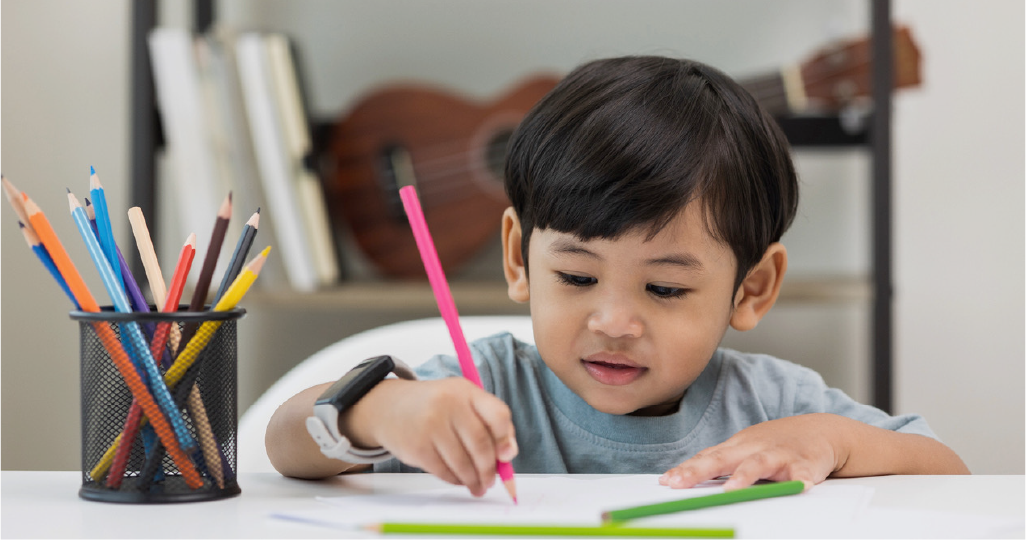
Learning skills are essential tools that help children acquire new knowledge, develop critical thinking, and build a strong foundation for academic success. These skills, ranging from goal setting and planning to time management and self-reflection, play a crucial role in shaping independent and motivated learners. Teaching these skills at a young age can be an exciting and rewarding experience for both kids and parents.
What are Essential Learning Skills?
Essential learning skills are the core abilities that help individuals acquire, process, and apply knowledge effectively. These skills are fundamental for academic success, self-improvement, and lifelong learning. Incorporating learning tools for kids makes the development of kids learning skills more engaging and effective, providing children with the resources they need to grow and thrive.
Key Essential Learning Skills Include:
- Goal Setting: The ability to set clear, achievable objectives and work toward them.
- Planning: Organizing tasks and steps to reach a specific goal efficiently.
- Self-Motivation: Developing an internal drive to stay committed to learning and improving.
- Finding Resources: The skill to locate and use information, tools, or people for guidance.
- Self-Control: Managing impulses and staying focused on learning tasks.
- Seeking Help/Feedback: Knowing when and how to ask for assistance or constructive criticism.
- Time Management: Prioritizing tasks, organizing schedules, and effectively utilizing time.
- Monitoring: Keeping track of progress and making necessary adjustments.
- Evaluating: Assessing one's performance and understanding areas for improvement.
- Self-Reflection: Thinking critically about one’s learning experiences to enhance future performance.
Fun and Engaging Ways to Teach Learning Skills
Encourage Goal Setting with Small Achievements
- Help kids set simple goals, like reading a book or completing a puzzle, and celebrate their achievements.
- Example: Ask, "What do you want to learn today?" and guide them to create a small action plan.
Teach Planning through Structured Activities
- Provide opportunities to organize tasks, such as preparing their school bag or arranging toys.
- Example: Let them decide the order of activities for the day using a simple checklist.
Promote Self-Motivation with Positive Reinforcement
- Encourage curiosity and persistence by acknowledging their efforts rather than just outcomes.
- Example: Praise their progress by saying, "I love how you kept trying until you got it right!"
Help Kids Find Resources Independently
- Teach children how to seek information from books, the internet, or asking a knowledgeable person.
- Example: Instead of giving direct answers, ask, "Where do you think we can find that information?"
Foster Time Management with Routines
- Introduce schedules and time-tracking techniques to help children manage their day effectively.
- Example: Use a visual timer to show how much time is left for different activities.
Encourage Self-Reflection Through Conversations
- Discuss learning experiences and ask kids how they felt about their progress.
- Example: At the end of the day, ask, "What was something new you learned today?"
Empowering Kids with Learning Skills for Lifelong Success
At Pakhopeasy, we focus on developing essential learning skills that help children become independent learners. By fostering skills like goal setting, planning, self-motivation, and time management, we prepare children to tackle any learning challenge with confidence. Our skills development program makes learning an exciting and engaging journey, ensuring that children acquire the tools they need for lifelong academic and personal success.
Conclusion
Teaching essential learning skills to kids doesn’t have to be a formal or difficult task. By incorporating fun, engaging activities that promote learning and growth, children can develop critical skills that will help them become self-motivated, organized, and reflective learners. At Pakhopeasy, we believe every child can become a successful learner, and our structured programs help them build the necessary foundation for lifelong learning success.













